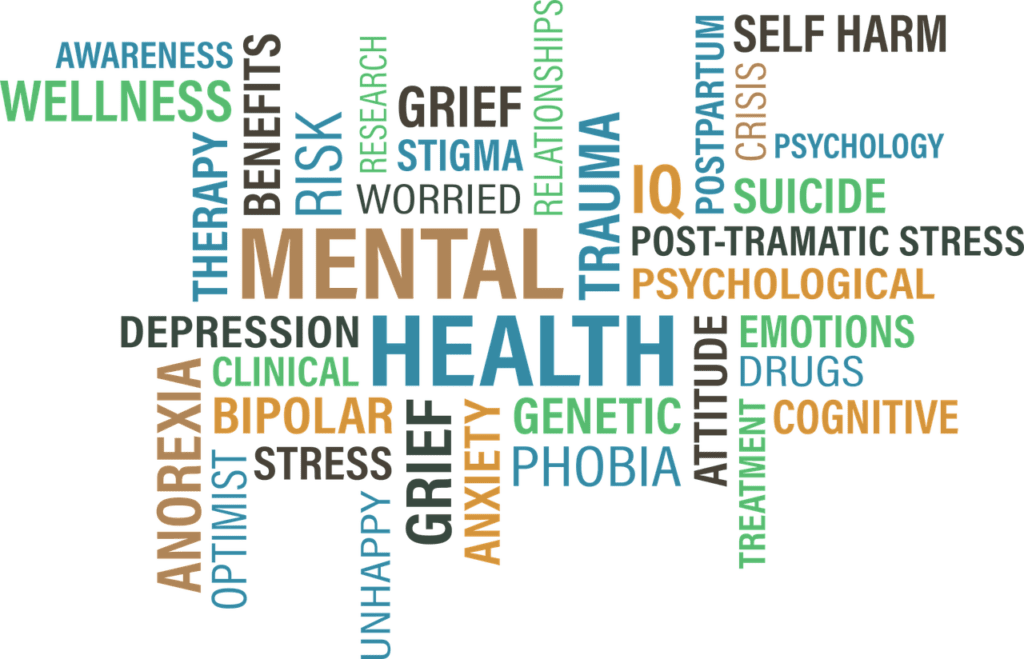NEED A THERAPIST IMMEDIATELY? WE HAVE OPENINGS! INSURANCE ACCEPTED. CALL 801.901.0279!
According to the American Psychological Association, “Trauma is an emotional response to a terrible event like an accident, rape or natural disaster.”
Trauma therapy is therapy that helps to heal the inner core of emotional pain.
Throughout our lives, we will each experience moments filled with intense fear and stress. Usually, the fear and stress passes and we are able to find balance again.
Sometimes these moments are so devastating that they leave us feeling lost and helpless in the aftermath – unable to find balance again.
Other times, multiple events happen at the same time, or excruciating moments may happen repeatedly, over and over again.
After a traumatic experience, as our brain tries to make sense of the world around us, we are often left feeling confused.
A traumatic event is unique because of how difficult it can be to regain balance after it passes.
Trauma (as a psychological term) is what develops when the fear and stress of a situation is bigger than our ability to cope.

Acute Trauma – When a single event causes emotional harm
(i.e. rape, car accidents, natural disasters, or acts of terrorism)
Chronic Trauma – Repeated and drawn-out experiences of emotional harm
(i.e. child abuse, domestic violence, or social isolation and bullying)
Complex Trauma – When multiple harmful experiences are endured at the same time
Second Hand Trauma – When you are overwhelmed by or have difficulty coping with an experience that someone close to you has suffered
Determining whether an experience was traumatic depends on your individual emotional responses to that experience. Any event can be traumatic if you are left feeling frightened, threatened, or overwhelmed, even if it doesn’t involve physical harm.
Additionally, whether or not an event is traumatic may be affected by an individual’s culture, life experiences, gender, psychological function, etc. Something that feels completely normal for one person may also be highly traumatic for another person in the same situation.
Similarly, the symptoms of trauma look different for each person. This is why it is important to meet with a professional if you are having difficulty managing your emotions.

Trauma presents differently for each person. The specific symptoms that someone notices will often depend on the type or length of trauma that person is experiencing. Recognizing your individual symptoms is the first step in finding healing.
Symptoms of traumatic experiences may present physically, emotionally, or even socially. Some common symptoms are listed below.
As you read through these, remember, healing from trauma feels and looks different for every individual. You may be experiencing a debilitating disorder, such as PTSD, and only have a few of these symptoms. Or, you may feel all of these symptoms and not constitute a PTSD diagnosis.
The important piece to remember is the question: ‘Do these symptoms affect your daily life?’ If the answer is ‘yes’, then it is important to speak with a professional about your experience.
Physical Symptoms:
Emotional Symptoms:
Mental Functioning:
Social Symptoms:

Utah Family Therapy is a trauma-informed clinic. All therapy we provide is done with an understanding of the influences of trauma and traumatic experiences.
Our team of qualified therapists are trained to use a variety of different data-driven and evidence-based treatment models.
In your first few meetings with a therapist, they will work with you to determine which of these models fits best with your lifestyle and the symptoms you are experiencing.
A few other types of treatment we use are:

The primary trauma therapy models we use at Utah Family Therapy are EMDR, Brainspotting and IFS.
EMDR is Eye Movement Desensitization and Reprocessing allows us to work through past traumas and provides a gentle way to alleviate the symptoms. The results have been nothing short of amazing. It is one of the most efficient models of trauma treatment and has even been endorsed by both the World Health Organization and the Department of Veterans Affairs for the treatment of PTSD symptoms.
Brainspotting is a revolutionary new approach to neurocognitive healing that allows clients to activate different areas of the brain. Similar to EMDR, Brainspotting allows your brain to access its own natural ability to heal itself through processing trauma and pain in the autonomic and limbic systems. Check out our Brainspotting page and brochure.
IFS stands for Internal Family Systems and is an evidence-based therapy model that aims to heal and restore balance. The base belief of IFS is that we are all made up of different parts. Think of the way we often say things like “Part of me wants ice cream, but then part of me knows I should have a healthy meal.” A core process of IFS therapy is identifying all parts of you and healing the ones that hold pain and trauma – restoring mental balance. Follow this link to learn more about what IFS therapy is and how it works.
Another option for healing is Utah Family Therapy’s Intensive Outpatient Program for individuals struggling with anxiety, depression, and OCD caused by trauma.
Utah Family Therapy’s Intensive Outpatient Program was created to help individuals with moderate to severe anxiety, whose needs have not been met through regular therapy.
Remember there is hope.
Lets face it, who likes to talk about their crap with other people?
If you’re like most clients, you’re used to being judged despite hearing so many people talk about non judgment and when you do open up, it seems like the more you share, the less likely you are to get compassion.
We’ve worked our butts off to create a clinic where the unfiltered, real you, can show up and heal, so dammit give therapy a chance!
We love the unfiltered real you, let’s heal together. – Utah Family Therapy Team